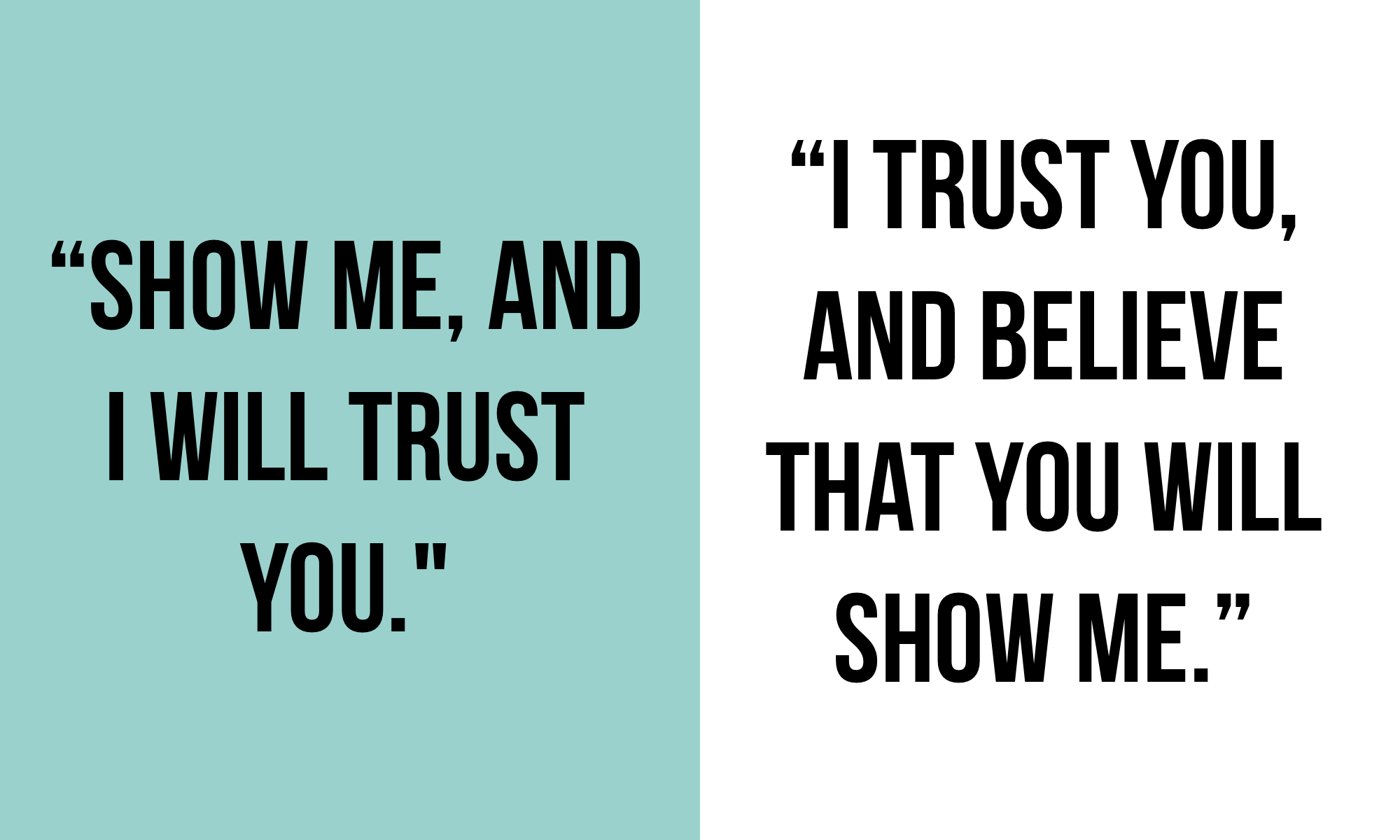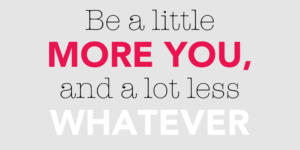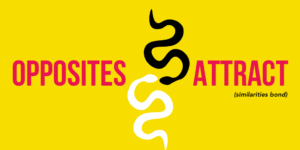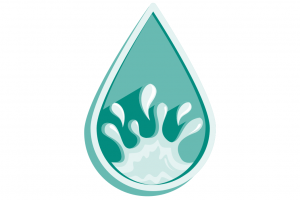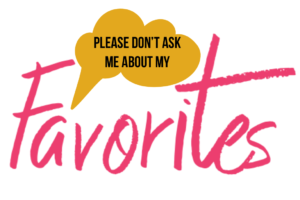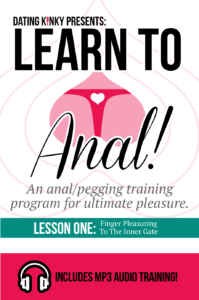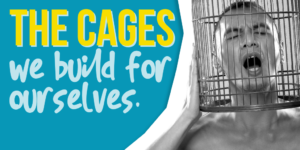“My favorite definition of trust, which I read in a novel years ago: Trust is the residue of kept agreements.” —Jay Wiseman
This resonates with me, yet I find it lacking. I find trustworthy people inherently trust more. Whose agreements? Mine or theirs?
—
Because there are people I immediately do not trust. Call it intuition, snap judgment, whatever you want. And keeping an agreement will not really change that. I can’t remember a time I’ve ever changed my mind about trusting someone I who struck me as untrustworthy when I first met them.
There are also people I trust immediately. Kismet, maybe. I’ve been wrong a few times, but rarely when I just feel that.
I think perhaps such quick calls may be a combination of my personal ethics and a reading (probably subconsciously) of body language and interpretation of language cues.
Most people, to be sure, probably about 80-85%, do not get such a snap judgement. But agreements kept, specifically, are still not enough.
Or at least agreements as I define them.
Unless we’re also bringing in what I consider societal agreements and expectations.
Trust is not a residue.
Trust is not a “a small amount of something that remains after the main part has gone or been taken or used.”
Trust is THE THING. The main part.
Agreements kept are, to me, symptoms of trust, but not trust itself. Agreements are the real residue.
Trust must be extended, in some small way, for an agreement to happen. If you have no trust, no hope of trust, you do not make agreements.
- You decline, because you know that agreements are not worth the breath used to speak them.
- You create attempted entrapments, because you want to prove something and then feel vindicated when they don’t keep their agreement.
- You create deceptions, because you are not trustworthy, but you trust the other is.
You don’t create agreements. You don’t create harmony or accordance in opinion or feeling.
Another reason contracts are generally not worth the paper they are printed on when trust is lost: because all they do is outline symptoms that are no longer relevant to the prevailing condition.
Back to my original point.
I find people who are trust worthy, who go out of their way to create a life in which they fulfill the trust placed in them, are more likely to trust others, and to give the benefit of the doubt.
On the other hand, those who are not trustworthy are the ones who want trust the most, and will make any agreement to “prove it,” setting the letter of the law in place, while doing as much as possible to subvert the spirit, or to live on the theory of “what they don’t know…”
And I could be wrong. These are patterns I’ve seen.
Maybe you’ve experienced different patterns.
Which brings me to the question:
How do you trust?
Do you extend trust instantly? Do you let it build over time? Is it a combination of the above? Do you distrust people, until they prove their worthiness?


